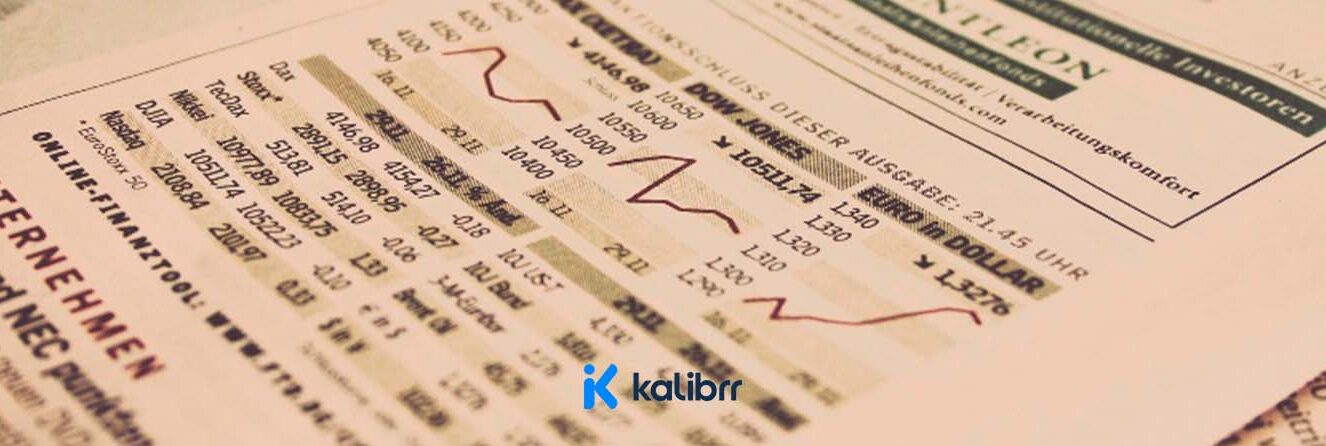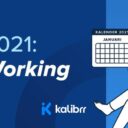How to Start Saving for Retirement in Your 20s

One of the things that will be at the forefront of your concerns the moment you graduate will be your finances. Suddenly you’re in the real world where allowances are a thing of the past and luxuries are seen for what they are, luxuries. Even if you still live with your parents, everything suddenly seems so expensive especially when your starting salary isn’t that big. (Read: Top Paying Entry Level Jobs in the Philippines for 2015) While your immediate expenses may take up a huge chunk of your salary every month, it’s also a wise idea to start saving up a part of your money for a rainy day, and for your retirement. Retirement seems like a vague and distant concept right now because you either just started or you’re in the kickstart phase of your career, but think of it as investing in your future self. Setting aside money for those rainy days is a good idea because when it does start to rain, it sure can pour like crazy. It’s never too early to start saving money for any future expense – both the expected and the unexpected. So how do you start saving for retirement in your 20s?
TOPICS
Study basic personal finance
Saving for the future can sound pretty simple. You just avoid spending money right? Wrong. Did you know that you can start a retirement fund with SSS? Do you know how the stock market works? What is a mortgage and what is a mutual fund? There are so many ways for you to save and invest your money just like there are many ways for you to spend it. Read books on personal finance or visit blogs and websites, such as MoneySense, that discuss different ways to let your money grow.
Start small
Saving for your retirement in your 20s can seem like a daunting task. After all, you’re saving up money for all those years in your life when you won’t have a salary. But as with everything in life, you have to start small. Start with the 10% rule: set aside 10 percent of your monthly salary for your savings, and once you earn more, increase it to 30%. Aside from that, you can make small changes in your lifestyle. If you buy an expensive cup of coffee every day, why not just buy coffee twice a week and let the other funds you would’ve used go towards your savings fund instead? Instead of going out on Friday night, why don’t you invite your friends to hang out at home? If you’re thinking of buying something ask yourself, is it an actual need or is it just a want? Think of cheaper alternatives to cut out the costs that needlessly drain your salary. Yes, you may have to cut back on some luxuries, but it will pay off years into the future. Plus, the simpler lifestyle you cultivate is something you can bring on in later years, when you might need to save more money for things like family, health, investments, or any other reason.
Keep track of your expenses
Budgeting is absolutely necessary to make sure that your finances are in order. Little expenses here and there add up even if you can’t see it right away. A great habit to form money-wise is to track your expenses. Tracking where your money comes and where it goes is a good way to figure out if you’re using it wisely. It’s also a good way to spot and weed out any unnecessary expenses you may be spending. Keeping notes on how you budget your money versus how you actually spend it will force you to assess your money spending habits. It can be a bit difficult to track all your expenses every week or every month on an excel sheet, but there are expense tracking smartphone apps available if you want to note your expenses on the go.
Don’t go crazy with your credit card
Getting your first credit card can be quite thrilling. All your shopping and travel dreams can come true with just a swipe of your card! True at first, but eventually you’ll still have to pay for all of the stuff that you bought with your own hard-earned money. Every time you neglect to pay your credit card bill, your bill goes up. Accruing debt will eat away at your savings if you keep piling them on. Being wise with debt management while you’re young will save you a future busy paying off mounting bills to pay.
Start investing
Stashing your money away in a savings account is a good idea for saving up. But an even better idea? Investing your money and seeing it grow exponentially. Instead of letting your money simply sit in the bank, picking the right investment can generate more money for retirement, and maybe even faster. There are many ways to invest your money. Some types of investment you can look into are stocks, business, property, insurance, and equities. Check out some investment options here. As a beginner, a good option would be a mutual fund or a UITF. It’s not too complicated and will give the best return over time. As always, you can start small. If you invest Php 2000 every month from the age of 21 at a rate of 8% per annum, then you will have earned Php 1 million by the time you’re 41. Not bad.
Find other income streams
As a fairly new member of the work force, your day job is most likely your main source of income. But if you have the time, start looking for new ways to generate money on the side. Now is probably the time in your life when you have the most time to explore possible projects or hobbies to take on that can possibly give you more income. Maybe you can put up a small online business or pick up some freelance jobs if you have a special skill such as graphic design. The possibilities are endless. Thinking of the future can be rather nerve-wracking. There are so many things you need to consider for you to ensure that you’re making good financial decisions for you and your future family if that’s the case. But starting now while you’re young is an excellent way to set the stage for future financial security. There’s no better way to prepare for a comfortable future than with a prudent and practical present. Photo by: Markus Spiske/ raumrot.com






No comment available yet!